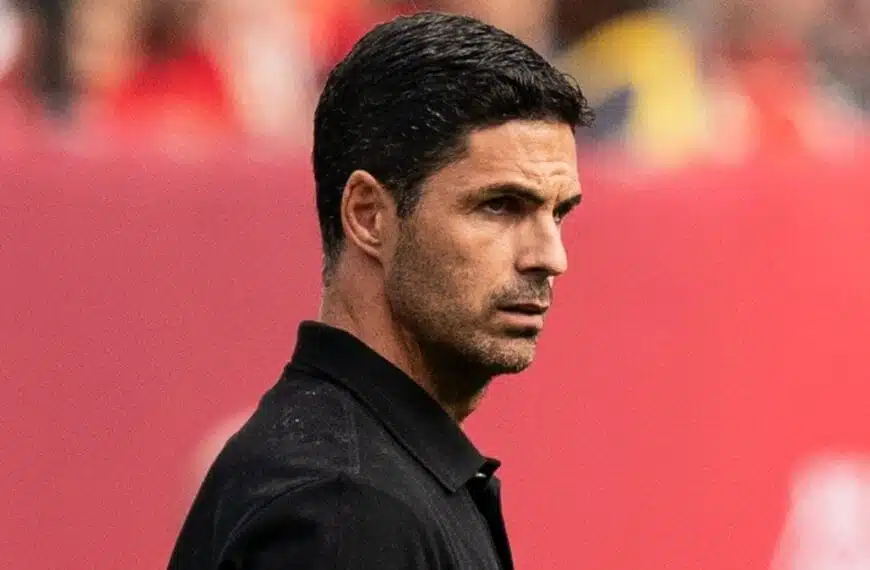But how have the club been able to navigate FFP despite their heavy spending?
Under Premier League FFP rules, clubs are allowed to lose £105m over a rolling three-year period.
UEFA rules are different, allowing only a £53m loss over a three-year period.
Chelsea’s latest financial results showed losses of £387m over three years, but the impact of the Covid pandemic on incomes has seen a loosening of regulations and the Blues have also made a significant profit on player sales in recent years.
The process of spreading the cost of transfers over long contracts, will also help. For example, the £88.5m signing of Mykhailo Mudryk will be valued at around £11m a year over his eight-and-a-half-year deal. Elsewhere, Wesley Fofana joined on a seven-year deal, Benoit Badiashile signed a six-and-a-half year deal, while Noni Madueke joined on a seven-and-a-half year contract.
Chelsea are on a UEFA watch list over their finances but, while their spending is being scrutinised, they are confident they will comply with FFP regulations, even if they fail to qualify for the Champions League next season.
If any of the aforementioned stars, and Enzo Fernandez, do not work out at Chelsea and are playing poorly in the next 18 months/two years, it will be almost impossible to move them on.
Chelsea have not been shy in handing out huge wage packets. This means that there will not be too many suitors for players in high wages with 6-year contracts who are playing poorly.
This could lead to a number of unhappy stars rotting on the fringes of Chelsea’s squad if things do not work out.
Montpellier vs Paris Saint-Germain betting tips: Ligue 1 preview, prediction odds











